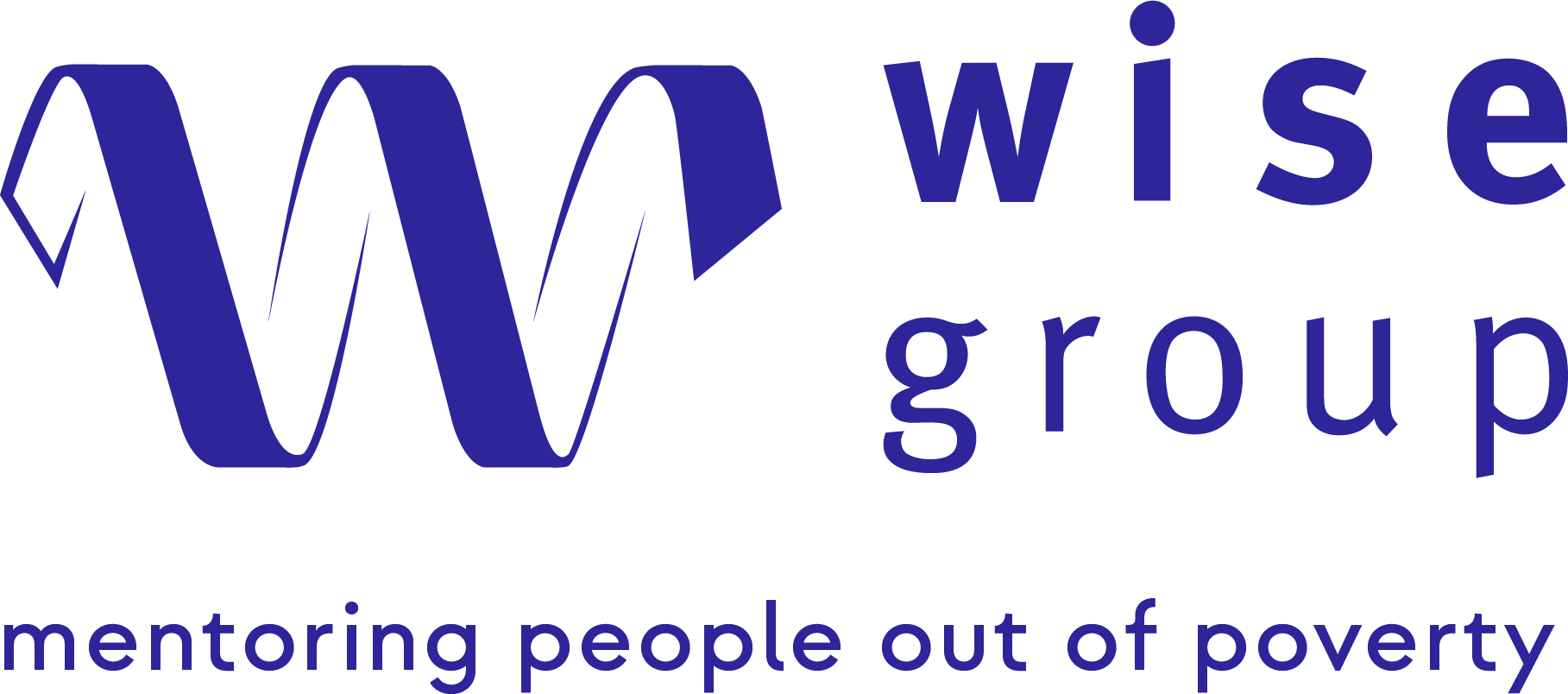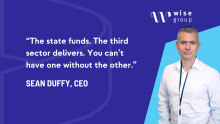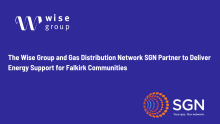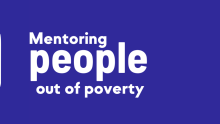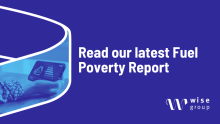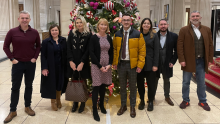An unprecedented crisis requires an unprecedented response. Simple to say – but only achievable through full cooperation between social enterprise, industry and government. This was our key message as we sat down with Ofgem CEO Jonathan Brearley earlier this week.
At the Wise Group, we work with tens of thousands of families across the UK to improve their relationship with energy and set them on a journey of sustainable change, which starts with supporting individuals to overcome immediate obstacles such as mounting debt and inability to top up prepayment meters. In this work, we encounter the most extreme results of fuel poverty every day and have noted with alarm a marked rise in the prevalence of in-work poverty and the struggle of many elderly people to heat their homes.
Millions already choose between heating and eating. This is the situation before the 54% rise in the energy price cap.
From the start of our discussion with the regulator it was clear that the dramatic rise in the price cap was a painful announcement to make, but a decision that they may be obligated to make again later this year. The goalposts can and will shift.
Our mentors Annette Patten and David Young shared with Ofgem the consequences that this rise will likely have on those they support, with a special focus on two individuals they help – Vicky from the Newcastle and Margaret from Paisley.
Vicky is a former NHS nurse who worked on COVID-19 testing in the first year of the pandemic but following an operation on a brain tumour has had to devote her full attention to recovery. At first, despite the overwhelming nature of her illness, she was denied disability support. Through the Wise Group, she managed to secure the support available to her, but as energy costs have risen she has had to cut back on everything apart from the most basic necessities.
Margaret lives on her own and is the widow of a veteran. She has been assisted by the Wise Group for several years to stay on the best tariffs and access the Warm Homes Discount, saving thousands of pounds in the process. In light of COVID-19, Margaret has had to stay in the house a lot of the time and has to keep her home warm to look after her health.
So what must government, social enterprise, industry and Ofgem do to ensure millions in the same boat as Vicky and Margaret have a secure relationship with energy? It was our conclusion that Ofgem, as an independent regulator, can encourage dialogue between government, social enterprise and industry as these partners consider how best to build a targeted and effective programme of support to vulnerable consumers at pace. Those individuals can best be reached through person-centred mentoring schemes, with complex digital mazes to financial support the least preferred delivery option.
It was also emphasised that keeping people out of fuel poverty for good benefits everyone socially, physically, financially and culturally. This includes suppliers who can avoid the financial expense and moral failure of putting customers into the nightmarish situation of being pursued by a debt collection agency. At a time where many people are particularly vulnerable after the isolation and uncertainty of two years of COVID-19, we call for support to be given to customers unable to pay their bills before referral to such services. This is far from an altruistic proposition to suppliers, with a broad understanding that every pound invested in early intervention makes several pounds of savings down the line.
Ofgem committed to engaging further with the Wise Group and suppliers in supporting the delivery of projects to alleviate the impact of the price rise, and also to give as much forewarning as is possible into the likelihood of a further rise in October. It was also agreed that those on prepayment meters were particularly vulnerable to this crisis, with many self-disconnecting and rationing energy and therefore not registering as in need of support.
Exacerbated by associated increases in the cost of food, accommodation and fuel, this crisis will creep into homes which have never been exposed to fuel poverty. It is our responsibility as leading experts in alleviating poverty to present innovative solutions to this impending crisis, and we welcome all who want to join us in doing so.
